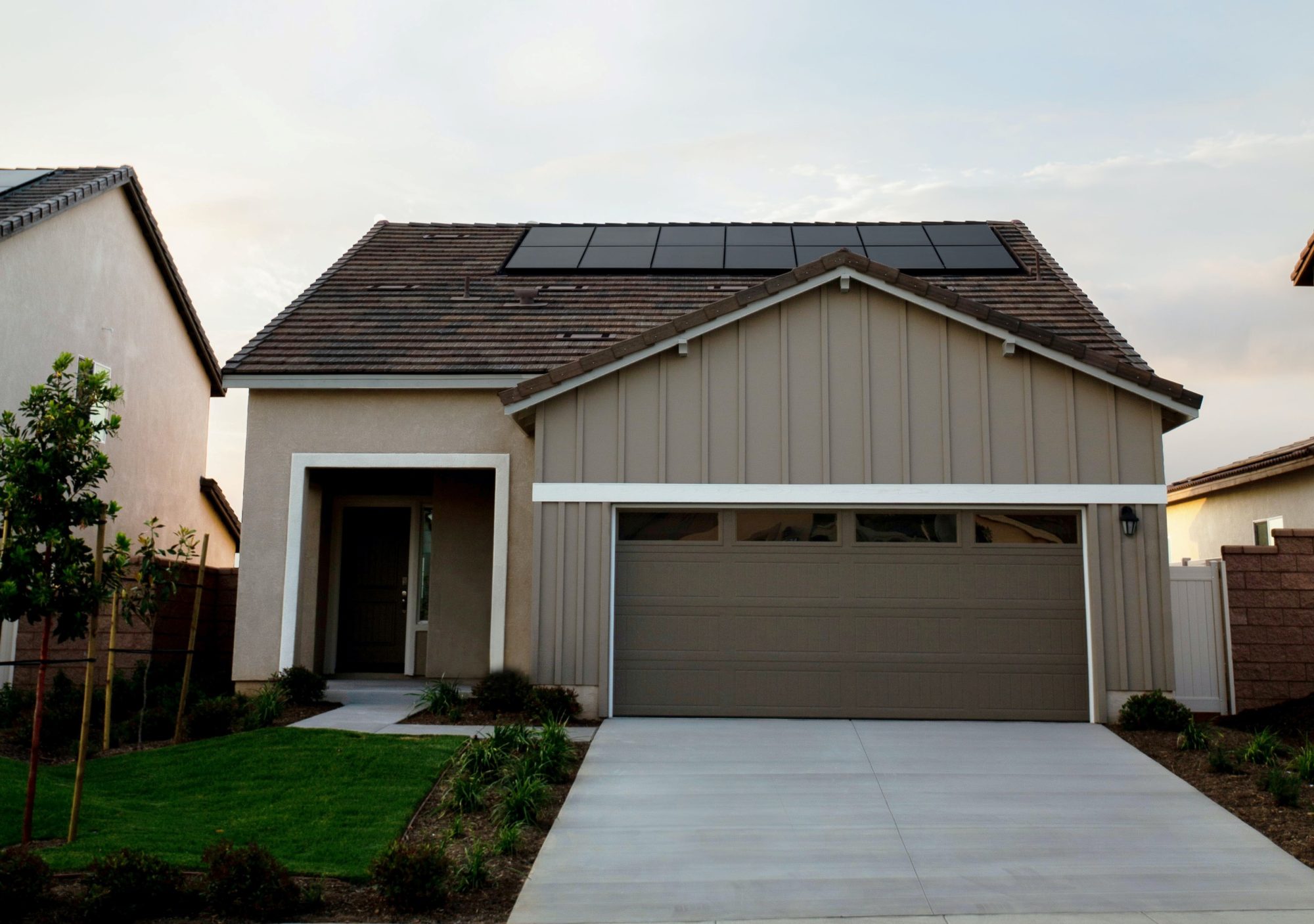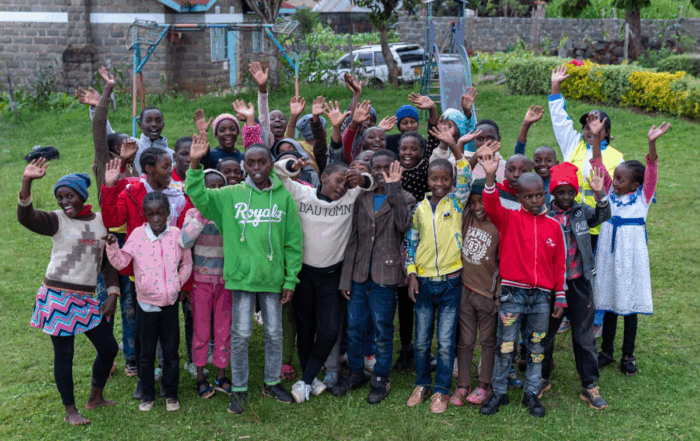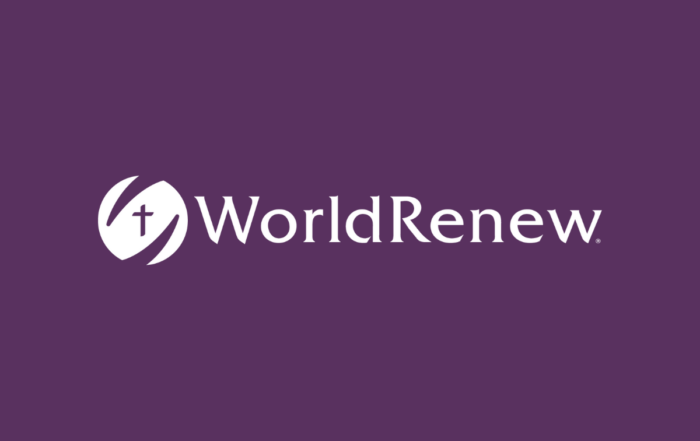Net Zero Conversations

The most recent IPCC report states that our planet is warming at a rate faster than anything we’ve experienced in the last 2,000 years. If the earth’s temperature rises to 1.5°C above pre-industrial levels, then severe and catastrophic change will occur. To avoid this scenario, total global greenhouse gas emissions need to be reduced at least 50% by the year 2030.
These stats are serious and systemic change is needed. Yet, as consumers and citizens, we also need to take seriously our own responsibility to reduce our personal carbon footprint. For the New Jersey-based education company ETS, helping employees learn to make those changes is a priority.
Recently, the company’s Green Team hosted a lunch-and-learn session with CWP’s East Coast regional organizer, Allen Drew. The virtual meeting was attended by 140 employees, and Drew shared both an overview of what the concept “Net Zero” is all about, as well as practical steps to reduce a household’s carbon footprint.
To set the stage, Drew pointed out that American households are responsible for a full 20% of direct emissions in the United States, but that’s not the whole picture. “It’s a full 80% if we include indirect emissions [as well].”
Direct carbon emissions are fairly easy to understand, as these come from such daily actions as driving a car and exhaust being produced; or water being heated with a natural gas water heater. Indirect emissions are a little more complicated, as these are produced indirectly in order to create the products and services American households use and buy.
To illustrate indirect emissions, Drew shared the example of turning on a light switch in a home. While there are no direct emissions from this action, yet in order to have that electricity flowing, it has to be generated. “If that electricity is being generated by the fossil fuel factory down the road, then that flip of a switch is responsible for indirect carbon emissions,” he stated.
Drew presented a list of practical ways that ETS employees can start reducing their carbon footprint, which often results in saving money as well! He suggested multiple ideas, including the following:
After sharing these practical steps for lifestyle change, Drew then pointed out that while reducing a household’s carbon footprint is important, there are many structural supply chain and government policy issues that make it almost impossible to reduce indirect emissions. That’s why it is vital to pursue systemic change.
One way to pursue large scale change is to divest retirement funds and investments from fossil fuels. He suggested using fossilfreefunds.org as a tool for evaluating investments. There’s a rating tool that quickly shows the percentage of fossil fuel companies that are included in the funds.
Another important tool for systemic change is through voting. Drew encouraged everyone to make environmental justice a priority when they vote in local, state and national elections. “Individual choices are not enough,” he stated. “We need big environmental policy changes in order to keep driving things forward.”
Finally, he touched on the need to act collectively. Drew shared a list of ways that ETS as a company could pursue systemic carbon footprint reduction, including doing a comprehensive evaluation of the company’s carbon emissions; divesting all employee retirement accounts from fossil fuels and instead investing in fossil-free funds; and electrifying and adding solar to all buildings that ETS owns.
Drew cheered on the work that ETS was already doing to reduce their carbon footprint. “By going through the process and coming up with a strategy – that’s a really good thing to do.” The virtual meeting ended with a question and answer time that allowed participants to ask more specific questions and seek advice on how to reduce their carbon emissions.
Are you interested in your organization learning more about how to make Net Zero work for you? We’ve got regional organizers like Allen Drew based throughout North America who are available to speak to your church, business or civic group about a wide-range of climate change topics. To learn more, send us a message and we’ll connect you with a speaker in your area.
MORE STORIES AND NEWS
Uganda: Change helps renew hope
Change helps renew hope In Uganda February 4, 2026 Change helps renew hope in Uganda
Kenya: Building the Future Through Running Clubs
Building the Future Through Youth Running Clubs in Kenya January 22, 2026 Building the Future
World Renew Calls to Increase Levels for Refugee Pathways
As a ministry committed to supporting refugees and resettlement across Canada, we believe in the importance of advocacy and






